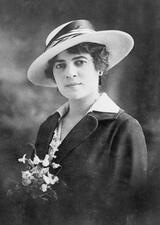Writing: Non-Fiction
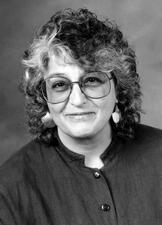
Rachel Adler
Rachel Adler is unquestionably among the leading constructive Jewish theologians, translators, and liturgists of the modern era. One of the first theologians and ethicists to integrate feminist perspectives and concerns into the interpretation of Jewish texts and the renewal of Jewish law and ethics, Adler is the award-winning author of Engendering Judaism.

Nima Adlerblum
Nima Adlerblum was a writer, educator, and early Zionist activist in New York, whose life began and ended in Jerusalem. She wrote widely on philosophy, education, Jewish philosophy, and American history, and also founded Hadassah’s national cultural and educational program in addition to serving as its national and cultural chair from 1922 to 1935.
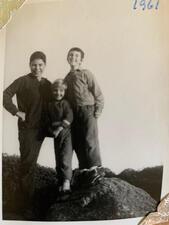
Marjorie Agosín
Marjorie Agosín is an award-winning Chilean Jewish poet, memoirist, novelist, literary critic, editor, educator, and human rights activist. Her work, which she writes in Spanish, is widely translated into English and other languages. She is a professor of Spanish and Latin American Studies at Wellesley College.
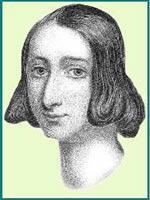
Grace Aguilar
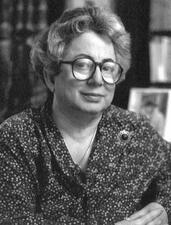
Fay Ajzenberg-Selove
Ray Alexander (Simons)
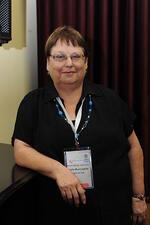
Hedva Almog

Ziva Amishai-Maisels
Ziva Amishai-Maisels is an Israeli/American art historian whose research on modern Jewish and non-Jewish art and on the impact of the Holocaust on art are an outstanding contribution to the study of art.
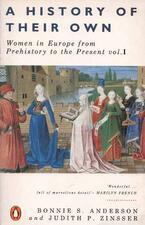
Bonnie Anderson

Anglo-Jewish Writers in the Twentieth and Twenty-First Centuries
Anglo-Jewish women writers have been active creators within the British literary arena since the late nineteenth and early twentieth century. The 1960s and 1970s saw the emergence of a number of Jewish female voices, although it was not until the 1990s that the works of Jewish women writers began to be recognized as part of the British literary canon. Anglo-Jewish women writers’ multifaceted perspectives are reflected in a literary production characterized by experimentation and fragmentation.
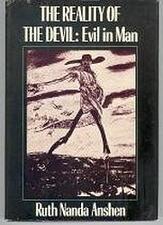
Ruth Nanda Anshen
Ruth Nanda Anshen, twentieth-century philosopher, lecturer, and author, was an “intellectual instigator” for such writers of genius and eminent thinkers as physicist Albert Einstein, scientist Jonas Salk, and others. Anshen created connections between the great thinkers of different fields, offering them opportunities to explain their work to each other and the general public.
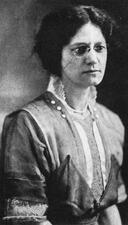
Mary Antin
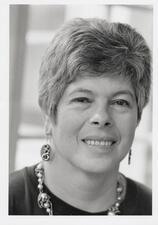
Joyce Antler
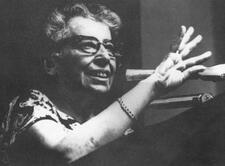
Hannah Arendt
Brilliant and controversial, Hannah Arendt was a German-trained political theorist whose books exerted a major impact on political theory in North America and Europe. The Origins of Totalitarianism (1951) made her an intellectual celebrity in the early years of the Cold War. She was the first woman to become a full professor at Princeton University.
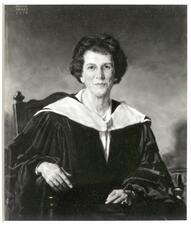
Margaret Gene Arnstein
Margaret Gene Arnstein was a principal architect of the American nursing profession. Her belief that nurses should be involved in health policy and research helped transform her profession. Renowned for her work in public health, Arnstein also advanced nursing education and research.
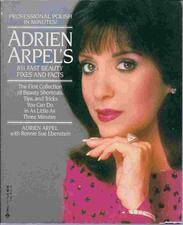
Adrien Arpel
Adrien Arpel is a pioneering entrepreneur who has been highly successful in the skincare industry. She realized there was a need in the cosmetics marketplace for a business that would educate the consumer. Arpel was the president and CEO of Adrien Arpel, Inc., an enterprise with approximately 500 salons across the United States and Canada.
Artists: Russia and the Soviet Union
Jewish women participated in the artistic life of the Russian Empire and the Soviet Union for over a hundred years. Jewish women artists worked in all styles, from the routine academic to the extreme avant-garde. There were also well-known art patrons, gallery owners, art historians, and art critics.
Dora Askowith
Dora Askowith, author, historian, and college educator, believed that a knowledge of Jewish women’s history would serve as a catalyst for organization, activism, and moral leadership. She taught women at Hunter College for a total of forty-five years and wrote that she was anxious to teach college students Jewish history because they were “poorly versed in the history of their own faith.”
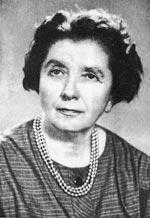
Rokhl Auerbakh
Rokhl Auerbakh (1903–1976), a member of the Polish-Jewish literary elite, ran a soup kitchen in the Warsaw Ghetto while simultaneously recording the voices of its captive inhabitants in her writing. She ultimately survived the war by passing herself off as an "Aryan," and went on to found the Department for the Collection of Witness Testimony at Yad Vashem in Jerusalem.

Australia: 1788 to the Present
The first Jewish women, like the first Jewish men, arrived in Australia on the very first day of European settlement in 1788. Those convict pioneers were followed by free settlers who made Jewish communal and congregational life viable and helped to develop the vast continent. Jewish women have made significant contributions to Australia's national story.
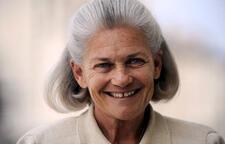
Elisabeth Badinter
Elisabeth Badinter is one of France’s most prominent and controversial philosophers. Among her most important contributions figure her numerous writings about feminism and gender relations, which emphasize the importance of “equality through resemblance,” as well as her historical works on the Enlightenment.
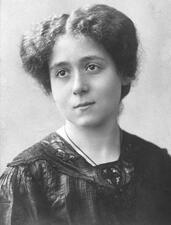
Bertha Badt-Strauss
A religious German-Jewish writer, intellectual, and ardent Zionist, Bertha Badt-Strauss was one of the first women to earn a doctoral degree in Prussia. She was a prolific writer, publishing hundreds of articles over the course of her lifetime, and was very involved in the “Jewish Renaissance” cultural movement. She was dedicated in particular to illuminating the diverse experiences of Jewish women past and present.
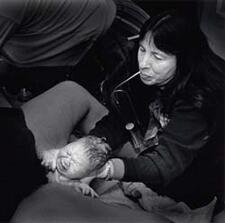
Alice Bailes
Baraita de-Niddah
A rabbinic text about the ritual laws relating to menstruation, Baraita de-Niddah has a mysterious origin and an unknown impact on the interpretation of Jewish law about menstruation.
